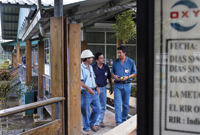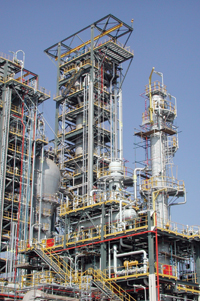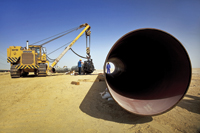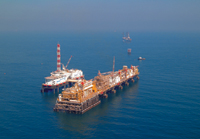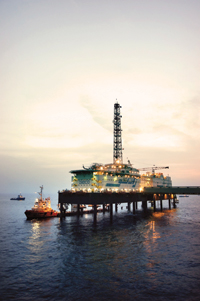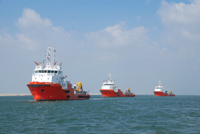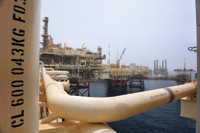
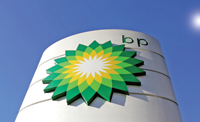 BP ... back in the fray
BP ... back in the fray
UK-BASED energy giant BP has been invited back to bid for a renewal of its stake in Abu Dhabi’s oil concession and the Abu Dhabi National Oil Co (Adnoc), aims to announce a shortlist of bidders soon, an oil official from the UAE says.
Although the oil concession doesn’t garner much income for BP it is important for the company to retain its foothold in the concession. It is also a chance for BP to improve the terms of the contract, which currently only brings in revenue of around $50 million a year, when the concession expires in 2014.
The invitation for BP to bid appeared to be under threat earlier last year after Adnoc sent out invitations in June to oil companies to bid for the renewed rights but didn’t send one to BP. However, the UAE oil official says that UK Prime Minister David Cameron’s recent visit to the Middle East helped smooth the process and that Adnoc hoped to announce a shortlist of bidders soon.
“BP has been allowed back in the bidding process, and has been informed it can submit its bid for the concession,” the UAE oil official says.
A BP spokesman says: “We’re looking forward to hearing the government’s plan on concession renewal in due course. We’ve been present in Abu Dhabi for over 70 years and we hope to play a continued role in this concession over the next 40 to 50 years.”
The concession, which is mostly onshore oil fields, brings in around $50 million a year in revenues to BP, based on around $1 a barrel for the approximate 125,000 barrels a day of oil that accrue to BP from the project.
Abu Dhabi Company for Onshore Operations, or Adco, operates the concessions. Adnoc is a 60 per cent shareholder in Adco, BP has 9.5 per cent. Other shareholders are Royal Dutch Shell with 9.5 per cent, ExxonMobil with 9.5 per cent, Total with 9.5 per cent and Partex Oil & Gas with 2 per cent.
Adnoc became a partner in the fields in the 1970s, forming Adco, which has the rights for six main deposits until 2014. It is the largest concession with capacity to produce about 1.4 and 1.5 million barrels per day.




















































































